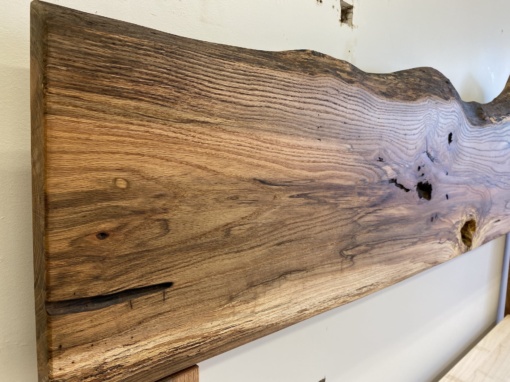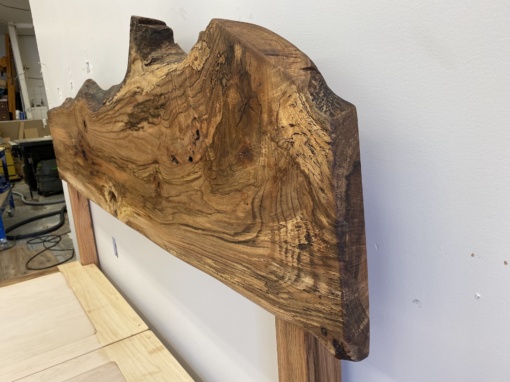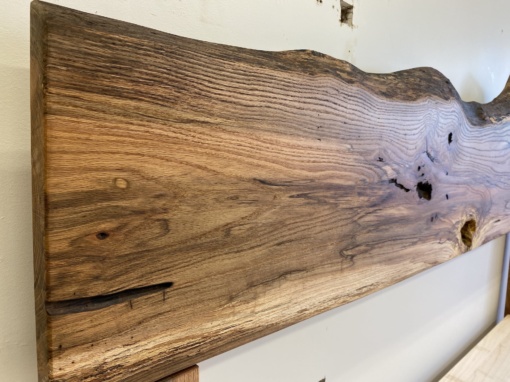Contact your local building inspection department to check for permit and inspection requirements. Be wary if your contractor asks you to get the permit. It could mean the firm is not licensed.
Hiring a Pro
Choosing a Contractor
Before selecting a contractor for your next job, contact your local or state consumer agency and Better Business Bureau for information on contractors’ licensing or registration requirements and complaint records. Some states require licensees to pass tests for competency and scrutinize licensees for financial solvency. Some states also have a fund to cover some financial losses that result from problems with licensed contractors.
Written Estimates
Get at least three written estimates from contractors who have come to your home to evaluate what needs to be done. Be sure the estimates are based on the same work so that you can make meaningful comparisons.
Contractor Payments
When working with a contractor, don’t make final payment or sign an affidavit of final release until you are satisfied with the work and know that subcontractors and suppliers have been paid. State lien laws may allow unpaid subcontractors and/or unpaid suppliers to attach your home.
Contractor Credit
Pay your contractor by credit card when you can. Under federal and state law, in most cases, you have the right to assert any claims or defenses you have against the seller of the goods or services against the credit card company. This generally means that if the goods or services are defective, you can refuse to pay the credit card company until the problem is corrected.
Contractor Caution
Be especially cautious if a contractor: comes door-to-door or seeks you out; just happens to have material left over from a recent job; tells you your job will be a “demonstration;” offers you discounts for finding him/her other customers; quotes a price that’s out of line with other estimates; pressures you for an immediate decision; offers exceptionally long guarantees; can only be reached by leaving messages with an answering service;
Home Improvement Scams
Every year, the National Association of Attorneys General lists home-improvement scams as one of the top-ten consumer problems. Here are a few signs to look out for: Out-of-town or unknown contractors or builders; Contractors who use the term “special introductory offer,” “limited-time offer,” or who offer any discount to use your house as a “model home”; Contractors who want a contract signed quickly; Contractors who want to discuss the price of the job later; Anyone who uses high-pressure tactics or makes you feel uncomfortable or pressured; A company that demands that you make full payment before the project is finished.
Cancelling a Contract
Under the Home Solicitation Sales Act, you have a three-day right to cancel a contract if the contract was signed in your home. During those three days, the contractor is not legally allowed to begin the work, nor are they permitted to deliver construction materials to your home.
Building Scams
The National Association of Attorneys General lists home-improvement scams as one of the top-ten consumer problems. The most important thing to remember to have a written, signed and properly executed contract before any work is begun on your home or property. In particular, make sure the following information is contained in the contract: A complete description of the work to be done and the materials to be used; A provision requiring written approval for ANY changes; A statement that explains the builder’s or contractor’s guarantee on the work that he or she will perform; A starting date and a completion date; A complete description of the cost of the job, full disclosure of the payment terms, and the financing costs; Your signature and the contractor’s signature.
Hiring Contractors for Disaster Repairs
Whether they are architectural, engineering, electrical, or general contractors, most service providers in the building industry are honest. But disasters attract scam artists. Consumers must protect themselves.
- Beware “FEMA Certified.” This can signal a scam. FEMA does NOT certify or endorse any contractor.
- Get a written estimate. Compare services and prices before making a final decision. Also, read the fine print. Some contractors charge a fee for a written estimate, which is often applied to the price of subsequent repairs they make.
- Check references. Contractors should be willing to provide the names of previous customers. Call several former customers who had similar work done to make sure they were satisfied with the job.
- Ask for proof of insurance. Make sure the contractor carries general liability insurance and workers’ compensation. If the contractor is not insured, the homeowner may be liable for accidents that occur on the property.
- Use reliable, licensed contractors. Call your local Better Business Bureau to inquire about a business before signing a contract.
- Insist on a written contract. A complete contract should clearly state all the tasks to be performed, all associated costs and the payment schedule. Never sign a blank contract or one with blank spaces. Make sure the contract clearly states who will apply for the necessary permits or licenses. Have a lawyer review the contract if substantial costs are involved, and keep a copy for your records.
- Get any guarantees in writing. Any guarantees made by the contractor should be written into the contract. The guarantee should clearly state what is guaranteed, who is responsible for the guarantee and how long the guarantee is valid.
- Obtain a local building permit if required. Permits may be required for site work, other than demolition, and for reconstruction. Contact your local government for permit information.
Make final payments when the work is completed. Do not sign completion papers or make the final payment until the work is completed to your satisfaction. A reputable contractor will not threaten you or pressure you to sign if the job is not finished properly. - Pay by check. Avoid on-the-spot cash payments. The safest route is to write a check to the contracting company. A reasonable down payment is 30 percent of the total cost of the project, to be paid upon initial delivery of materials. Federal law gives consumers a three-day “cooling off” period for unsolicited door-to-door sales of more than $25.
- Canceling a contract. This should be done within three business days of signing. Be sure to follow the procedures for cancellation that are set out in the contract. Send the notification by registered mail with a return receipt to be signed by the contractor.
- Report problems with a contractor or fraud to your state Office of the Attorney General.



























